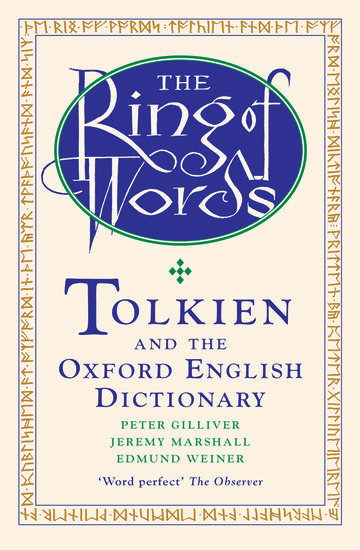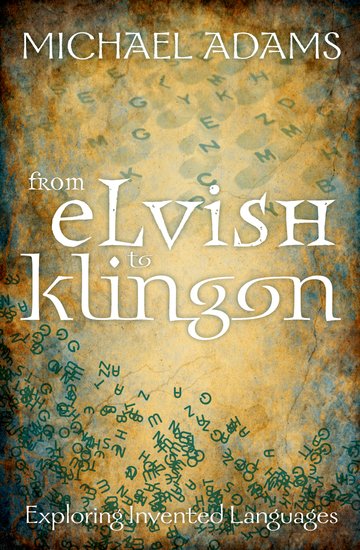Monthly etymology gleanings for January 2013, part 2
By Anatoly Liberman
I am picking up where I left off a week ago.
Mare and Mars. Can they be related?
The chance is close to zero. Both words are of obscure origin, and attempts to explain an opaque word by referring it to an equally opaque one invariably come out wrong.





